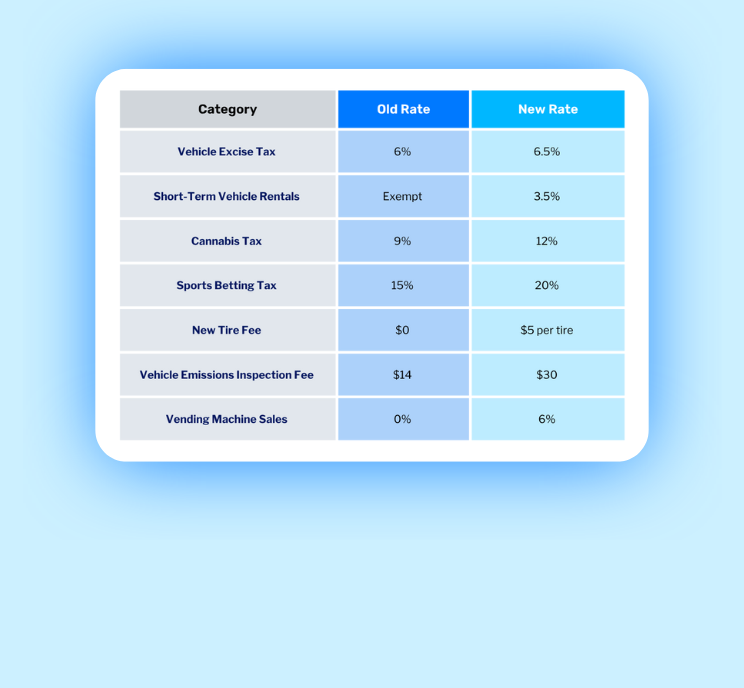If you are married, determining whether to file jointly or separately, could make a big difference in how much you pay in taxes. Married couples must choose between filing jointly (MFJ) or filing separately (MFS). Typically, joint status provides better results given the number of limitations imposed upon taxpayers who choose to file separately for a few reasons.
Filing separately does not permit spouses to file as though each were single but instead limits the tax breaks that a couple could take if they filed jointly. Higher tax rates kick in at lower income levels for separate filers. Additionally, certain deductions and credits that might be available to taxpayers filing a joint return are disallowed or phased out for taxpayers who file separately. A few of these tax breaks include child tax credits, IRA deductions, student loan interest deductions, education credits, earned Income Tax Credit, and excludable Social Security Benefits.
However, certain married couples might now benefit by filing separate returns under the new Tax Cuts and Jobs Act (TCJA). The sweeping tax overhaul that took effect January 1, 2018 introduced the new Qualified Business Income Deduction. In short, this new tax provision allows owners of a pass-through business (for example: sole proprietor, S-Corporation, partnership) a deduction of up to 20% of their Qualified Business Income (QBI), given they meet certain requirements.
If one is under certain income thresholds, they can be eligible for the full deduction without being subject to any of the tests and restrictions. For 2018, that threshold is $157,500 for single and separate filers and $315,000 for joint filers. Once your taxable income exceeds these thresholds, the deduction is phased-out.
So for instance, a married couple could see a greater tax benefit by filing separate returns if one spouse has QBI, but the combined taxable income of both spouses would exceed the income limitation noted above. If the spouse with QBI would be below the income threshold limits on their own, they should consider filing separately. Early tax planning to consider the interplay of one’s filing status and the QBI deduction will be extremely important.
Of course, the circumstances which made filing separately a more beneficial option prior to 2018 still hold true under the new tax law:
- Working spouses with similar incomes may benefit by filing separately as their combined earnings could put them into a higher tax bracket.
- Other deductions such as out-of-pocket medical expenses and casualty losses may be lost to joint filers as the expenses must exceed 7.5% and 10% of your adjusted gross income in order to be deductible. Filing separately could allow the spouse with these costs to take the deduction when it would otherwise be lost.
- Finally, filing separately may also be considered when a taxpayer does not wish to be liable for their spouse’s tax bill. This option could be considered in divorce proceedings in order to avoid post-divorce issues with the IRS. While filing a separate return in these circumstances typically does not provide tax savings, it could provide some financial protection.
Determining the best filing status is not a “one size fits all” approach and like all rules, there are exceptions and quirks to be considered. The tax items above focus mainly on the federal tax implications but depending on where you live, there could be state tax implications as well based on your filing status. Taking the time to review the filing status options with your tax advisor is time well spent, therefore we encourage you to Contact Us if you have any questions.





